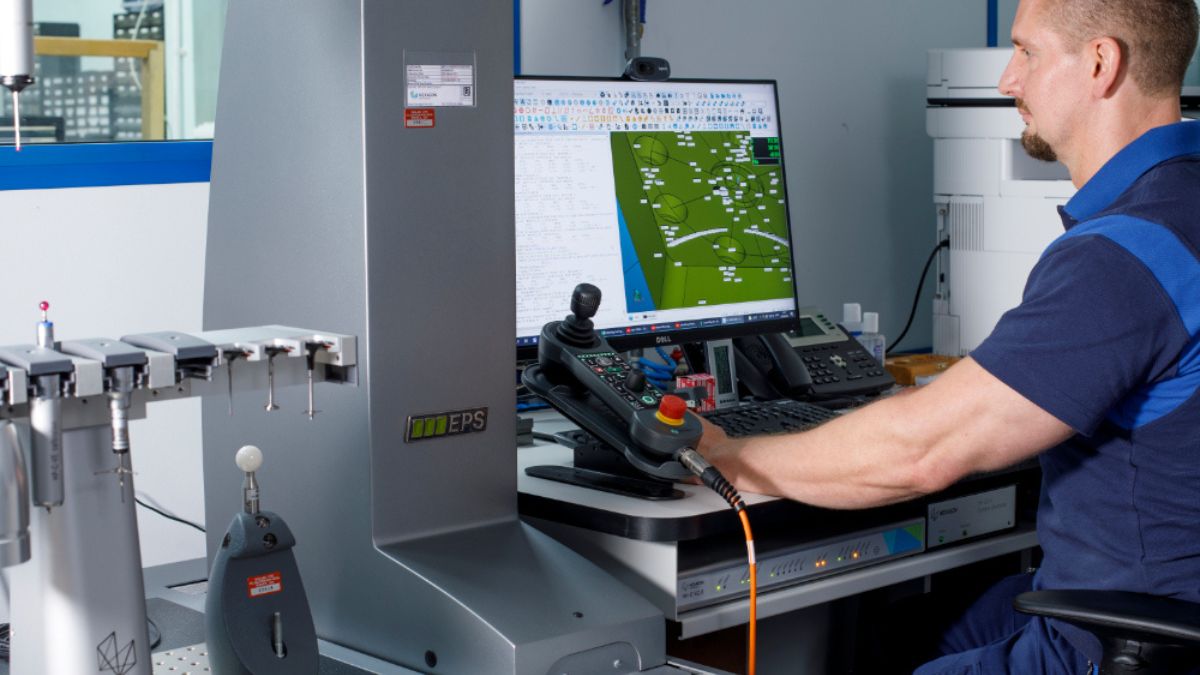Recent advances in the fluoropolymer industry
 Back
Back

The fluoropolymer industry has undergone significant evolution in recent years, driven by increasing demands across multiple sectors and technological innovations in manufacturing processes. A key development has been the advancement in sustainable manufacturing methods for fluoropolymers, addressing long-standing environmental concerns about traditional production processes.
Manufacturers have made substantial progress in reducing the use of perfluorooctanoic acid (PFOA) and other potentially harmful processing aids in fluoropolymer production. This shift has been particularly notable in the production of polytetrafluoroethylene (PTFE), where new polymerization techniques have emerged that utilize alternative surfactants with better environmental profiles. These innovations have helped maintain product performance while reducing environmental impact.
The medical sector has been a major driver of fluoropolymer innovation, particularly in response to the increased demand for biocompatible materials. New grades of fluoropolymers have been developed specifically for medical applications, offering enhanced purity levels and improved sterilization resistance. These materials are finding expanded use in minimally invasive surgical devices, drug delivery systems, and implantable medical devices.
In the semiconductor industry, the push for smaller and more powerful electronic devices has led to the development of specialized fluoropolymer formulations. These new materials offer improved chemical resistance and thermal stability, critical properties for the harsh processing environments encountered in semiconductor manufacturing. Ultra-high purity grades have been introduced to meet the stringent requirements of advanced chip fabrication processes.
The renewable energy sector has also influenced fluoropolymer development, particularly in solar panel manufacturing. New fluoropolymer films with enhanced UV resistance and weatherability have been created specifically for photovoltaic applications, helping to extend the operational lifetime of solar installations. These materials provide crucial protection for solar cells while maintaining high light transmission properties.
Nanotechnology has emerged as a significant factor in fluoropolymer advancement. Researchers have successfully developed nanostructured fluoropolymer composites that exhibit enhanced mechanical properties and unique surface characteristics. These innovations have led to materials with improved wear resistance, better non-stick properties, and superior chemical barriers.
Processing technology has seen remarkable improvements, with new methods for melt processing of high-performance fluoropolymers being developed. Advanced extrusion techniques and 3D printing capabilities for fluoropolymers have opened up new possibilities for complex component manufacturing, particularly in aerospace and automotive applications.
The industry has also witnessed progress in recycling technologies for fluoropolymers. New methods for chemical recycling of PTFE and other fluoropolymers have been developed, allowing for more efficient recovery and reuse of these valuable materials. This advancement aligns with growing sustainability initiatives across various industries.
Surface modification techniques for fluoropolymers have evolved significantly, enabling better adhesion properties while maintaining the desirable characteristics of the base material. This has expanded the application range of fluoropolymers in composite structures and multi-material assemblies.
Looking at the market dynamics, there has been increased competition from Asian manufacturers, particularly in China, leading to more competitive pricing and accelerated innovation in production processes. This has contributed to the overall growth and accessibility of fluoropolymer materials across global markets.
These advances collectively represent a significant evolution in the fluoropolymer industry, balancing performance requirements with environmental considerations while meeting the demands of emerging applications across multiple sectors.
For more information on how Dalau can assist you with your project, please get in contact with us today for an informal chat.
 Back
Back
